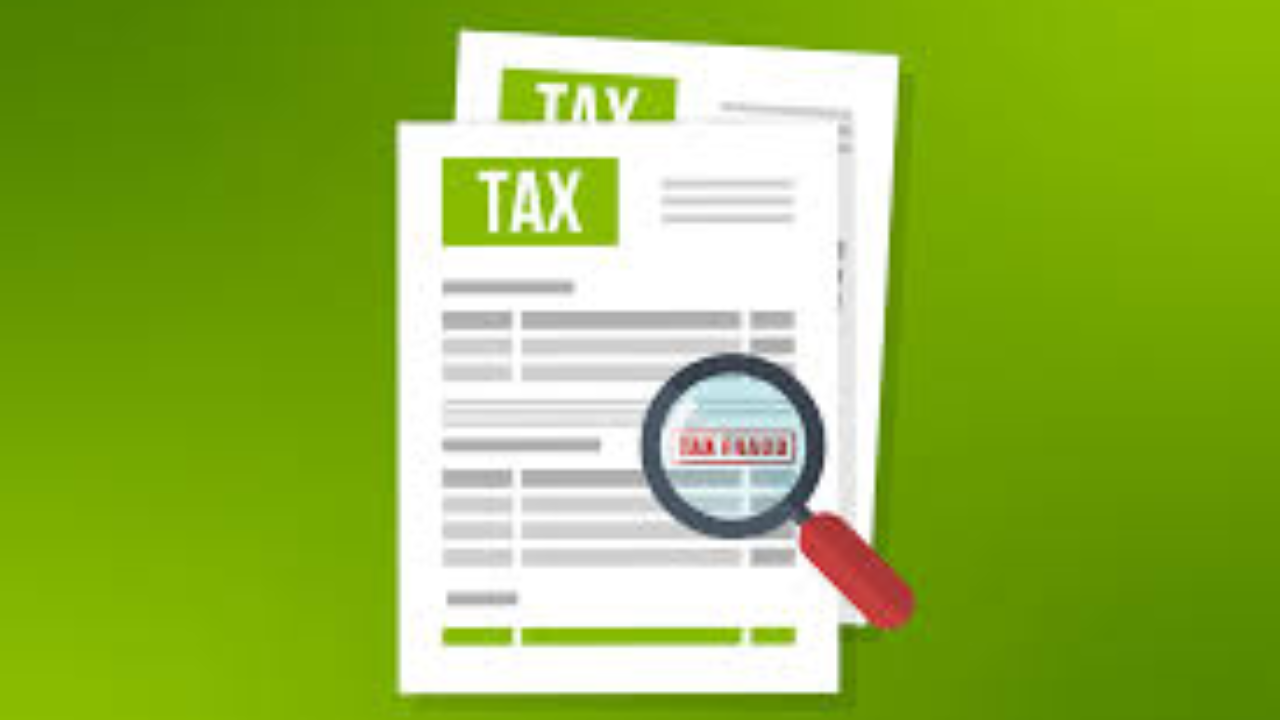A delayed income tax refund can be frustrating, but understanding the common reasons behind the holdup can help you take the right steps. Often, the delay is due to a few key issues with the information submitted in your return.
Thank you for reading this post, don't forget to subscribe!Mismatched or Incorrect Information
One of the most frequent causes of delay is a discrepancy between the information you provided and the data the tax department already has on file.
- Aadhaar-PAN Mismatch: Your refund can be delayed if your Aadhaar and PAN details don’t match or are not properly linked. This is a crucial step for filing your returns, and any errors here will prevent your refund from being processed.
- Inconsistent Details: Your refund may be put on hold if there are inconsistencies between your ITR and other documents like Form 26AS, your Annual Information Statement (AIS), or Form 16. The tax department needs to verify this information before it can issue a refund.
- Incorrect Claims: If you’ve claimed deductions or credits that require additional documentation, the refund will be delayed until those documents are provided and verified. Filing inflated or false claims will also cause a delay, as the tax department will scrutinize your return more closely.
Banking and Verification Issues
Even a small mistake in your banking information can cause a significant delay.
- Incorrect Bank Details: Your refund will not be credited if you’ve entered the wrong bank account number or IFSC code. It’s essential to double-check this information and ensure your bank account is pre-validated on the income tax portal.
- Failure to E-verify: The tax department will only begin processing your refund after your return has been e-verified. If you haven’t completed this step, your refund will be stuck in a pending state.
Other Common Reasons
Sometimes, the delay isn’t due to an error on your part.
- Processing Time: The tax department typically takes 4-5 weeks to process refunds after e-verification. High volumes of filings, especially during the deadline period, can also extend this timeline.
- Pending Tax Dues: The department might adjust your refund to offset any outstanding tax liabilities you have from previous years. You will receive a notification about this if it happens.
To check the status of your refund, you should log in to the income tax portal and look for any intimations or notices from the IT department in your inbox.


















Some genuinely nice stuff on this website , I love it.